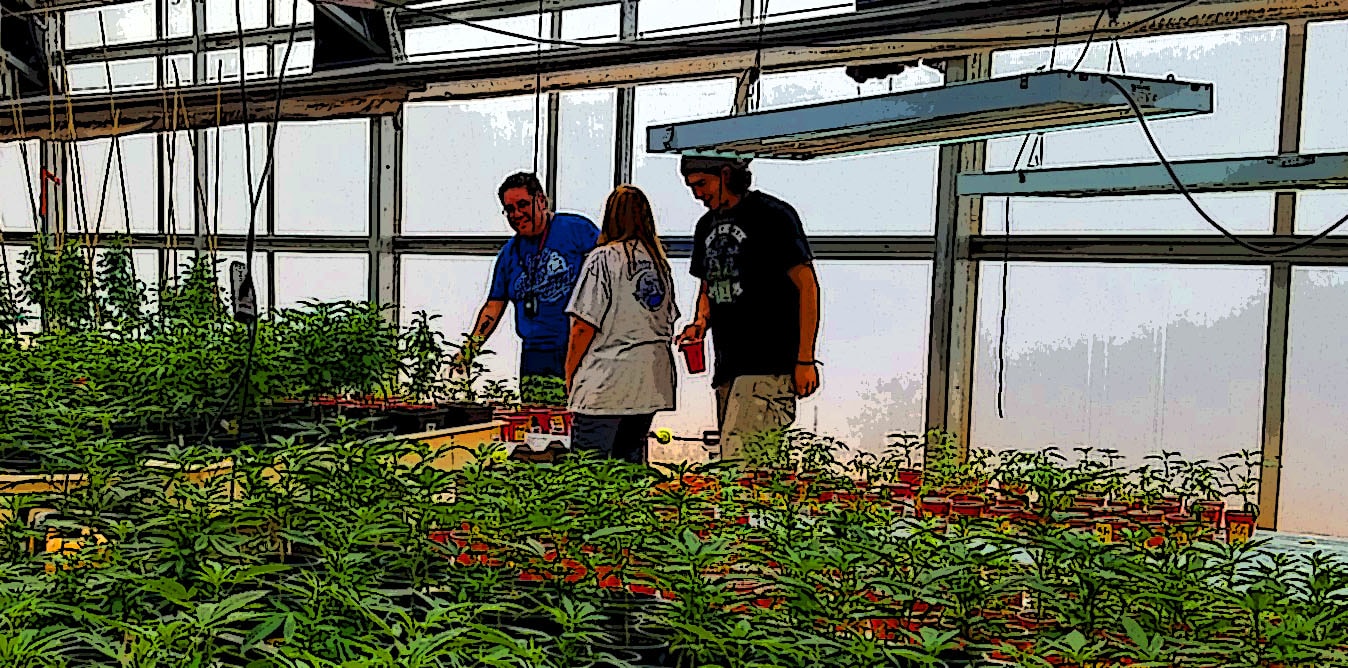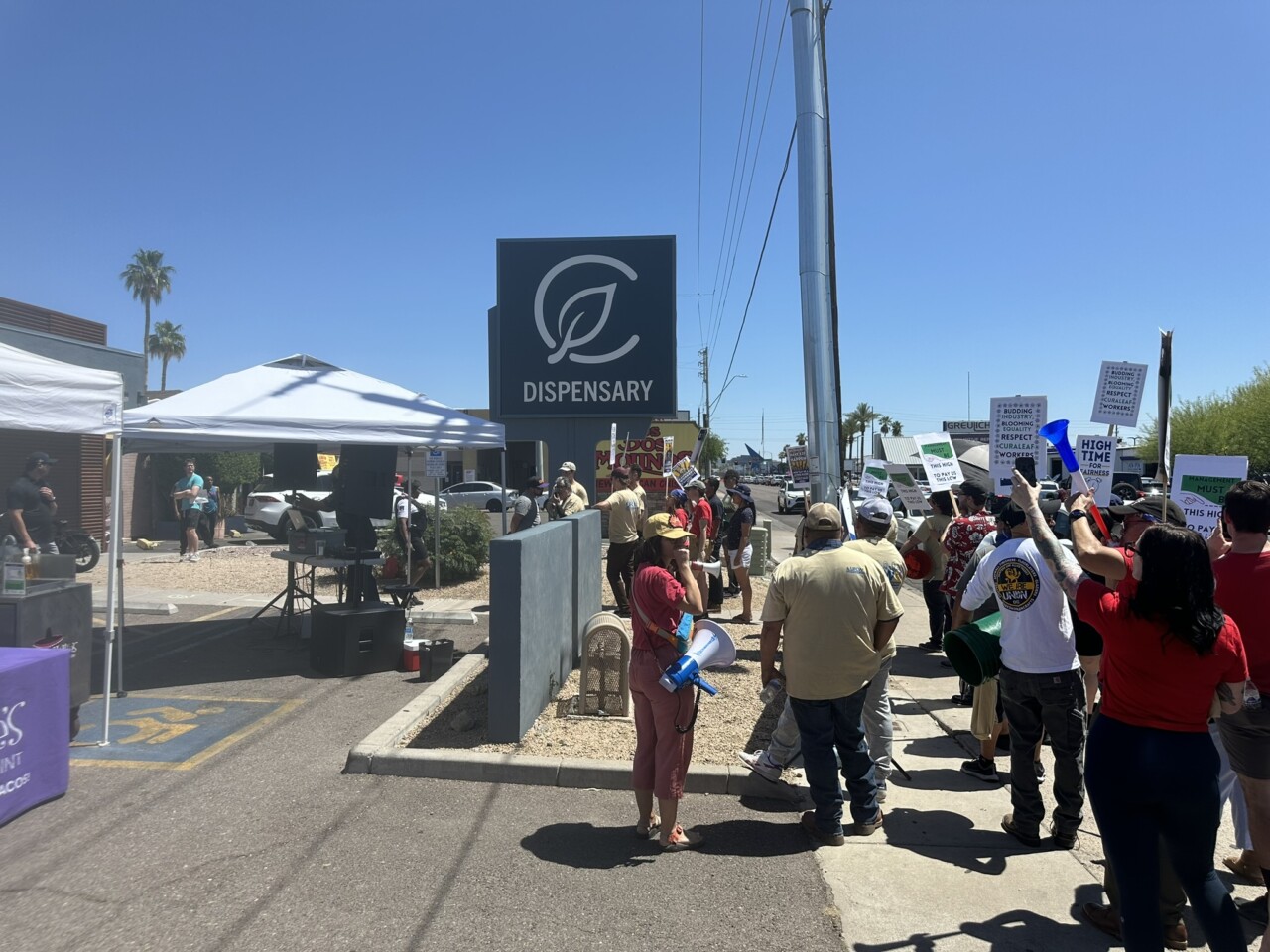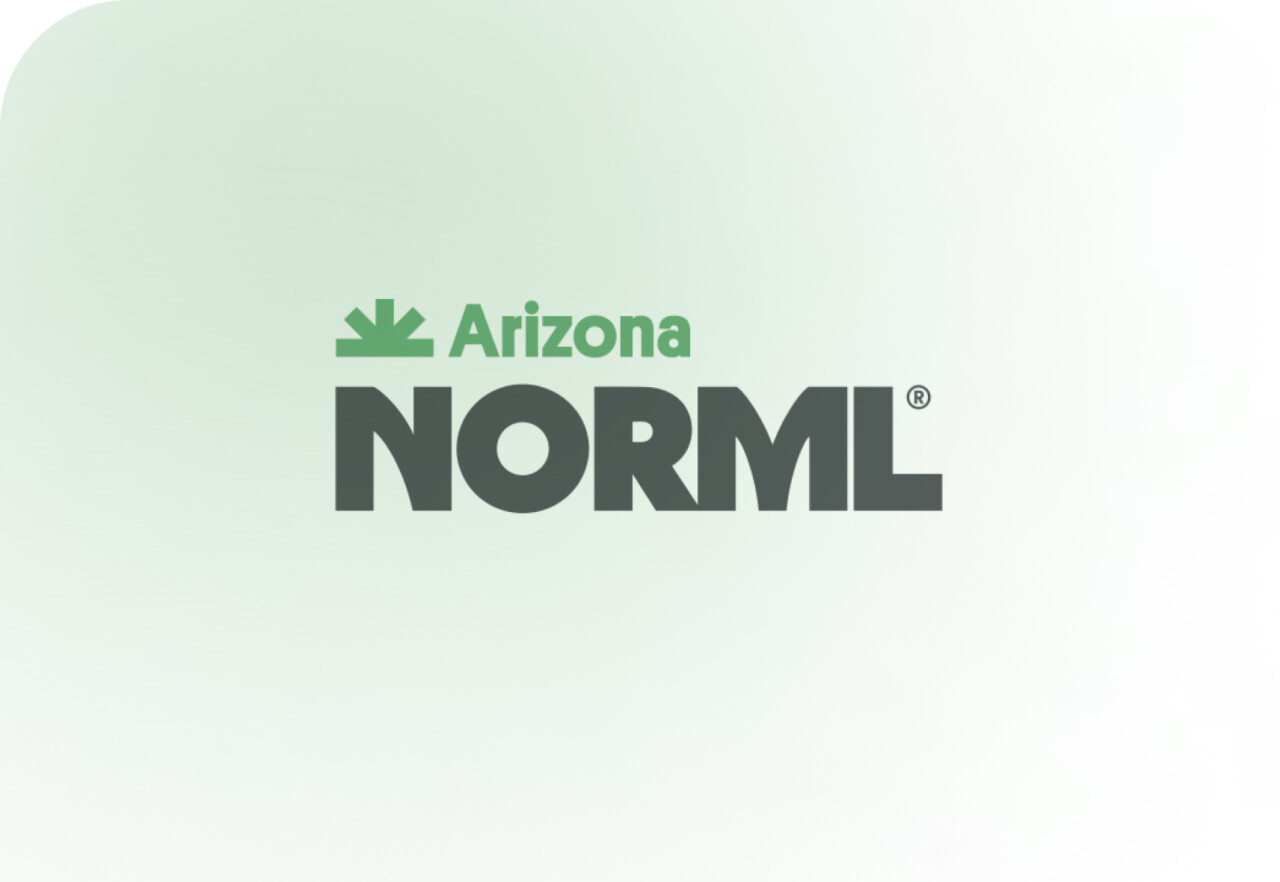One of the most important bills making its way through the state is this year’s MITA-AZ testing bill, HB 2537 sponsored by Reps. Dr Randy Friese (D-LD9) with cosigners Kevin Payne and Tony Rivero (both R-LD21). Introduced Tuesday January 29 with a stakeholder meeting the following day, this bill is a revamp of Sen Sonny Borrelli’s (R-LD5) 2018 testing bill, a bill Arizona NORML has worked on since May of 2017. Long time readers will remember the heartbreaking tale of our battle for that testing bill which ultimately won a majority of votes at the legislature, but not the necessary 3/4s to amend the AMMA.
This year there have been FIVE different efforts for a new testing bill, and this is one of the highest profile bills in play. While there are many great provisions in this bill and we urgently encourage the state to embrace MMJ product testing, one section of the reforms is particularly problematic: the push to crack down on the caregiver community. As many of you know, AMMA which established the dispensary system also provided for patients who did not live in an urban area with access to a MMJ. Patients living more than 25 miles from a dispensary can opt to grow their own cannabis or employ a caregiver to produce their cannabis. Caregivers are allowed to cultivate 12 plants for every patient they provide finished MMJ to, up to five patients or 60 plants. A caregiver can provide each patient with up to 5 oz a month.
As others of you may be aware, caregivers are largely targeted by law enforcement because of the scale of their operations. Even caregivers who are skilled in their work will only yield about a quarter pound per plant. With twelve plants per patient (5 patients X 12 plants X 4 oz per plant = 240 oz every 60-90 days), some caregivers find themselves with excess harvest and then have to deal with the math. Many patients, especially those who use the leaves for juicing and the flower for RSO, will go through their entire 12 plant supply every harvest. But not all patients consume at that rate. As result some caregivers veer into the underground economy to distribute their excess harvest, damaging the reputation of the whole program.
In an effort to curb that temptation, some lawmakers have called for ending the program entirely. To placate them HB2537 proposes limiting plant count allotment per patient for caregivers from 12 to 6 plants. AZ-NORML sought a different solution and so brought in some of the leading voices for the caregiver community including Jack Wilborn, a speaker with LEAP, Jim Morrison, head of the Errl Cup, and Jane Fix, AZ’s most respected caregiver and staff for one of AZ’s biggest cultivator facilities to challenge the proposed rule.
UNDERSTAND: If these voices had not been there and spoken up, the reduced plant count and other restrictions would have been added into the bill without a pause. Instead, to their credit, Rep Friese and the MITA-AZ lobbyist on the bill, Tory Roberg, both realized the issue needed more study ad scheduled a follow-up meeting to prepare alternative solutions to the caregiver question.
To prepare for tomorrow’s meeting, I consulted on the issue, with our state chapter legal counsel, Tom Dean, one of the top regarded cannabis criminal lawyers in America. Tom deals extensively w MMJ caregiver cases, speaks to law enforcement and prosecutors across the state and had many suggestions. Law enforcement officers tell Dean the current provisions are too vague. Better regulations would be safer for the public and for the caregiver. “Take away the ambiguity, you take away the caregiver’s risk,” says Dean.
His central contention is that the state needs to create more explicit regulations for caregiver operations. Caregiver rules similar to, or even the same, as DA (dispensary agent) rules would help caregivers conduct their operations. The ambiguous current rules leave “law enforcement to interpret the act” and that changes from jurisdiction to jurisdiction, sometimes from officer to officer.
Caregivers don’t have a lot of structure in the current legislation and even those wanting to be on the right side of the law are vulnerable to the way the officer in question deals with the case. Often overzealous police forces arrest caregivers and seize their operations only have the charges dismissed and to find themselves liable for destroyed or missing property. Harvested marijuana, under the best conditions still has a shelf life and is usually unusable by the time it’s returned. This issue was the essence of the first AZ MMJ court case to go to the appeals level and was sent to the US Supreme Court, who declined the case, thus affirming the appeals court ruling in State V Oaken (2012) saying the law enforcement must respect the rights of licensed MMJ cultivators and return their property if wrongfully confiscated.
Here are the provisions that need to be addressed with solutions when possible.
- First and foremost, pull these caregiver provisions aside from the testing and fingerprinting and promulgating further explicit regulations through an agency stakeholder process instead of trying to rush through under-developed language.
- Cultivating caregivers and non-cultivating care-providing caregivers, such as mothers tending to their sick children are dramatically different cases and need to have separate licenses. I propose leaving the cost of non-cultivating care providers as is (or even lowering it) and raising the fees for cultivators to cover the cost of their increased regulations.
- The term “plant” needs to be defined. Caregivers are being charged for excessive plant counts based on their clones and starts. A plant needs to be a) live, b) with root structure and c) in a grow medium.
- Caregivers need to have stated protections for storage of their harvests, in their home or cultivation facility. This protection can be different from their transport limits. Some officers arrest caregivers and seize property asserting that their interpretation of the plant count requires that the 12 plants be at differing stages of growth and only part of the 12 should be “efflorescencing,” or in flower, though there is no provision in the AMMA requiring this.
Dean also suggested a separate approach: making cultivating caregivers dispensary agents (DAs). With DA cards, caregivers could transport cannabis away from their production facility. This would require a variance in existing regulations to contract with more than one dispensary license, or for their cultivation facility to not be counted as the primary dispensary’s sole off-site license.
- These caregiver DAs could be compensated for their work at market value instead of the existing language which says they can only be compensated for their expenses. It is worth noting that the AMMA already says dispensaries can receive and then market caregiver cannabis, only that they can’t be required to pay for it.
- They would not be allowed to market their cannabis until their facility has been inspected and their products tested.
—
—
Mikel Weisser
State Director, Arizona NORML
928-234-5633
4490 Sundown Dr
So-Hi, AZ 86413








Leave A Comment
You must be logged in to post a comment.